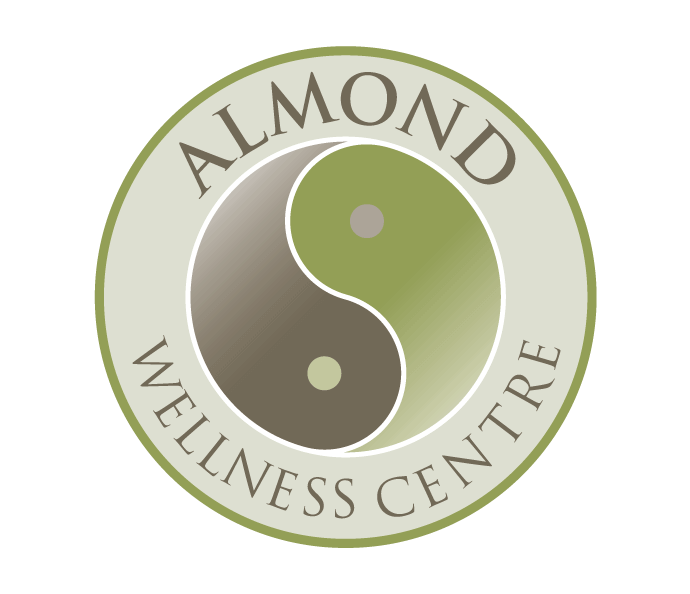Quick Navigation
Understanding Amenorrhea and Its Impact on Fertility
Amenorrhea is when a woman doesn’t get a period, which could mean something’s up with the hormones or reproductive system. Usually, a period means ovulation is happening, which is important for getting pregnant. Not all cases of amenorrhea mean a woman can’t have a baby, but it can make it hard to conceive. When a woman doesn’t ovulate (anovulate), it’s usually because of amenorrhea, and that makes it even harder to get pregnant. Understanding and taking care of these conditions is important for women’s reproductive health.
And guess what? Traditional Chinese Medicine (TCM) can be a great way to support fertility, along with regular treatments.
Types of amenorrhea
Primary amenorrhea
Primary amenorrhea occurs when a woman has not had her first menstrual period by age 15-16 or within three years after puberty begins. Causes include genetic conditions, hormonal imbalances, or structural abnormalities affecting the reproductive organs. Fertility depends on the underlying cause and may require medical intervention.
Secondary amenorrhea
Secondary amenorrhea is the absence of menstruation for three or more cycles or six months in women with previously regular periods. Common causes include:
- Pregnancy
- Hormonal imbalances (PCOS, thyroid disorders, Premature Ovarian Failure)
- Excessive exercise
- Chronic stress
- Weight fluctuations
- Medications affecting reproductive function
Addressing the root cause can often restore menstrual cycles and improve fertility.
Causes of Amenorrhea and Non-Ovulation
Hormonal Imbalances
Disruptions in aestrogen, progesterone, or thyroid hormone levels can affect ovulation and menstruation. Anovulation occurs when the ovaries do not release an egg, making conception impossible. Treatment may involve lifestyle adjustments, acupuncture, or hormone therapy.
Polycystic Ovary Syndrome (PCOS)
PCOS often leads to irregular or absent periods and non-ovulation. TCM focuses on balancing hormones naturally through acupuncture, herbal medicine, and lifestyle modifications to support ovulation.
Premature Ovarian Failure (POF)
POF occurs when ovarian function declines before age 40, leading to irregular or absent periods and non-ovulation. While conventional medicine often recommends hormone replacement therapy (HRT), TCM aims to nourish kidney essence, improve ovarian function, and regulate menstruation with acupuncture and herbal medicine.
Stress and Lifestyle Factors
Excessive stress, intense exercise, and poor nutrition can impact reproductive health, leading to amenorrhea and non-ovulation. Managing stress and adopting a balanced lifestyle can help restore menstrual function and improve fertility.
Nutritional Deficiencies
Iron, vitamin D, and essential nutrient deficiencies may contribute to amenorrhea and anovulation. A nutrient-rich diet combined with TCM support can improve menstrual health and ovulatory function.
Medication-Induced Amenorrhea
Some contraceptives and medications can disrupt menstruation and ovulation. If periods do not return after stopping hormonal birth control, a TCM approach may help regulate the cycle naturally.
Post-Pill Amenorrhea
Stopping oral contraceptive pills (OCPs) can temporarily disrupt the menstrual cycle. This condition, known as post-pill amenorrhea, occurs due to:
- Hormonal readjustment as the body transitions from synthetic hormones
- Withdrawal from continuous hormonal regulation
- Individual differences in how quickly the body restores ovulation
If menstruation does not return after several months, acupuncture and Chinese herbal medicine may assist in regulating hormonal balance.
Traditional Chinese Medicine for Amenorrhea and Non-Ovulation
Acupuncture
Acupuncture stimulates blood flow to reproductive organs, supports hormonal balance, and reduces stress, promoting the return of regular cycles and encouraging ovulation.
Chinese Herbal Medicine
TCM practitioners may prescribe customized herbal formulas to nourish blood, regulate hormones, and promote menstrual health. Common herbs include:
- Dong quai (Angelica sinensis) – Supports blood circulation and hormone regulation
- Peony (Paeonia lactiflora) – Helps balance estrogen levels
- Chinese motherwort (Leonurus japonicus) – Promotes blood flow and menstrual regularity
- Tribulus terrestris – Supports ovulation and improves ovarian function
Dietary and Lifestyle Recommendations
TCM emphasises a holistic approach, incorporating dietary and lifestyle changes such as:
- Nutrient-dense foods to support hormonal health
- Stress management techniques like meditation or Tai Chi
- Moderate exercise to maintain balance without excessive strain
Menstruation and Fertility Support at Melbourne Clinics
At Almond Wellness Centre (Melbourne Acupuncture & Chinese Medicine Clinics), we provide expert care in reproductive health. Our Coburg and Ringwood clinics provide:
- Acupuncture & Chinese herbal medicine for menstrual regulation
- Fertility IVF acupuncture support
- Holistic women’s health treatments
If you’re experiencing amenorrhea, non-ovulation, or fertility concerns, contact our experienced Chinese Medicine practitioners for a personalised consultation.
Fill out the contact form, or simply call us to book an appointment today!
More to read
Menstrual Cycle and Traditional Chinese Medicine
Can you have period without ovulating?
Having two periods in one month? You may just have ovulation bleeding 一个月来两次月经?你也许只是排卵期出血
Premature Ovarian Failure and Acupuncture Chinese Medicine Management

